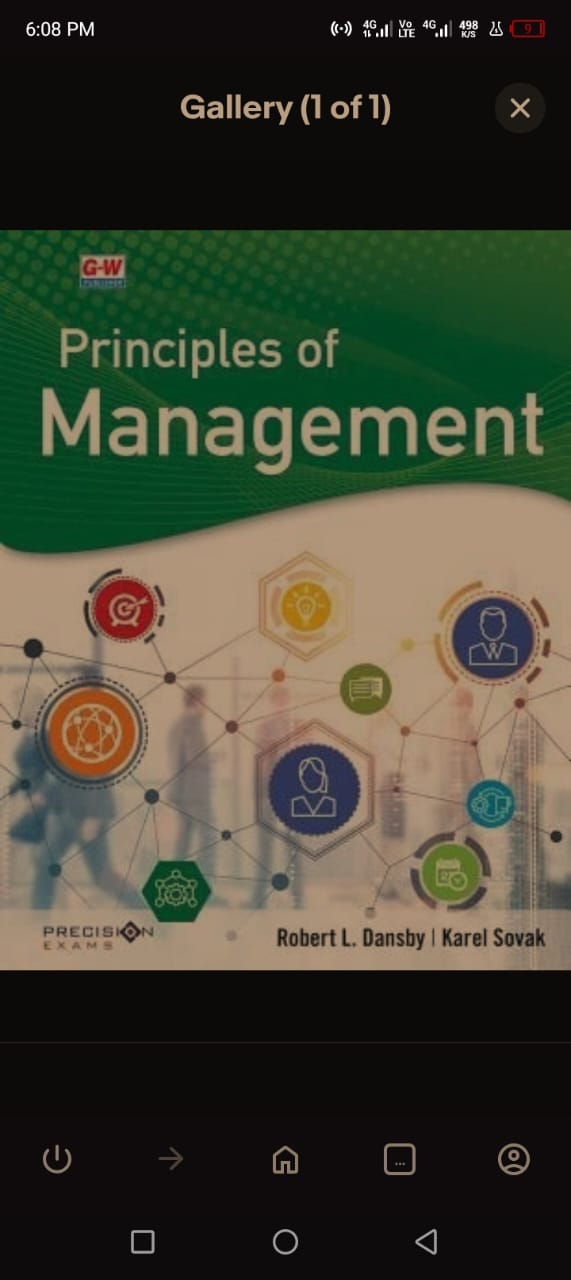The Principles of Management unit is a foundational course that introduces learners to the essential concepts and practices of effective organizational leadership. It explores the core functions of management—planning, organizing, leading, and controlling—and examines how these functions are applied in real-world settings to achieve organizational goals.
A major focus of the unit is Henri Fayol’s 14 principles of management, which include key ideas like division of work, authority and responsibility, unity of command, and equity. These principles provide a framework for decision-making, delegation, communication, and team coordination. The unit also covers different management theories, leadership styles, motivation techniques, and organizational structures.
Students learn how to balance centralization and decentralization, foster discipline and initiative, and maintain a clear chain of command. Through case studies, discussions, and practical assignments, the unit emphasizes both theoretical understanding and practical application.
By the end of the course, learners gain a solid grasp of how managers operate within organizations, how they influence performance, and how they adapt to changing environments. This knowledge prepares students for leadership roles and further studies in business, entrepreneurship, or public administration. It’s a vital stepping stone for anyone aiming to understand how organization function and thrive.



